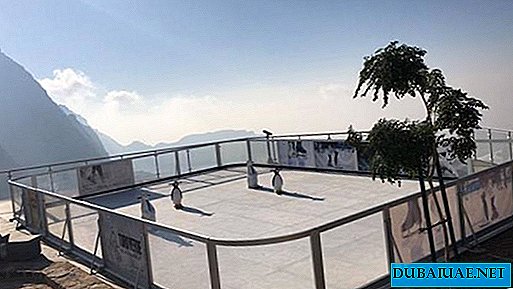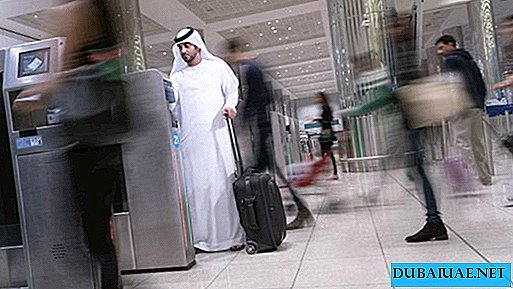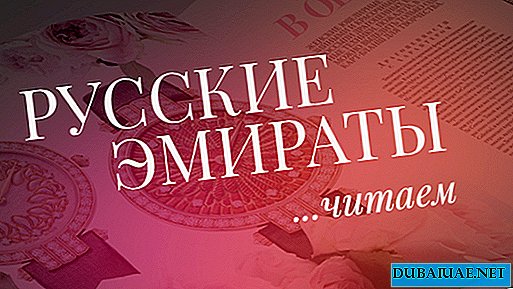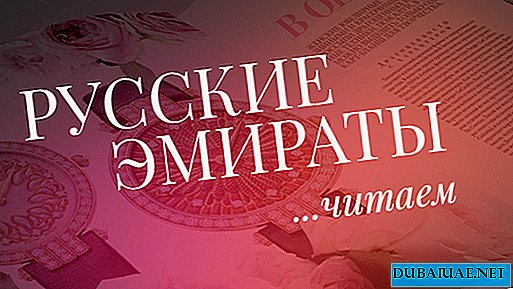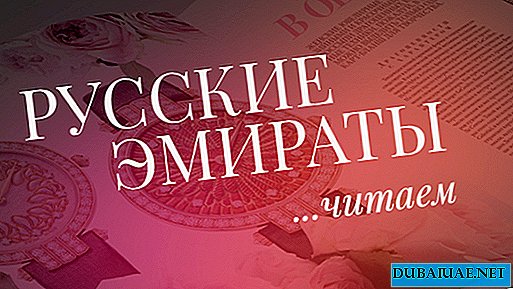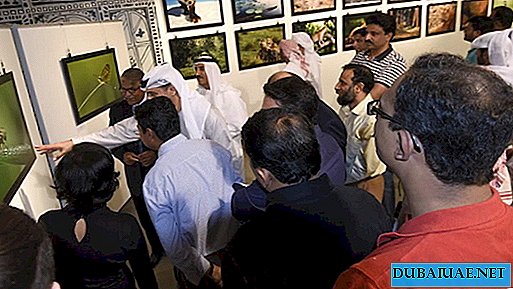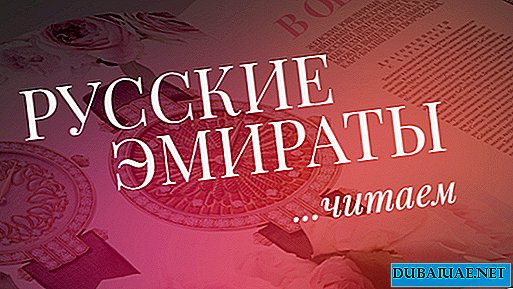 Among my many acquaintances are Lebanese whose only descendants you will not find, including crusaders and immigrants from the Caucasus and the Balkans. They themselves consider themselves Phoenicians and often emphasize their kinship with the French or Italians. But rarely, one of them will call himself an Arab, despite the worldwide recognition of them as such. I was given the opportunity to touch the history of this mysterious people and in three days try to get acquainted with their small, but so rich culture homeland - Lebanon.
Among my many acquaintances are Lebanese whose only descendants you will not find, including crusaders and immigrants from the Caucasus and the Balkans. They themselves consider themselves Phoenicians and often emphasize their kinship with the French or Italians. But rarely, one of them will call himself an Arab, despite the worldwide recognition of them as such. I was given the opportunity to touch the history of this mysterious people and in three days try to get acquainted with their small, but so rich culture homeland - Lebanon. Acquaintance began even before arriving in this country, aboard its national carrier, Middle East Airlines. The real oriental hospitality was fully expressed in the reception of journalists, when I realized that I did not threaten to lose weight in these three days .... The meeting was marked by a generous treat for travelers at the Dubai airport, which continued aboard the MEA, with a change of mouth-watering Arabic dishes and a variety of alcoholic drinks, continually served by Lebanese beautiful stewardesses. The owners were so welcoming that they even offered to admire the turquoise beauty of the heavenly ocean from the window in the cockpit and presented a cap with the company logo on which the famous Lebanese cedar is depicted.
 Dairy mountains, cedar forests
Dairy mountains, cedar forests
Green cedar, with its fluffy spreading crown, is a traditional symbol of not only national airlines, but the whole country. Once, most of its territory was covered with dense coniferous forests of powerful trees with a biblical history. The rulers of this land, using valuable wood for the construction of ships and palaces, however, took care that the groves were not cut down to the end and replenished with new seedlings. Therefore, some cedars have successfully survived to the age of 1,500,000,000 and still fill the nearby mountains with their fragrance.
The nature of Lebanon is no less rich in colors than its culture. The capital's airport is located in one of the most expensive coastal areas of the city, surrounded by picturesque mountains. The origin of the name of the country is associated with the snowy peaks of its mountain range Jebel Laban (White Mountains). In ancient Aramaic, "laban" means milky white, which is consonant with the current name, pronounced in Arabic as Lubnan. Unfortunately, at the beginning of December we did not find snow in the mountains, but the bright green-red-yellow carpets of juicy natural watercolors impressed no less.
Breath of history
It was impossible to decide where I like more: in the cozy Druze town of Deir El Camar (Lunar Monastery), once the former capital of mountainous Lebanon; in the magnificent gardens of the Beyteddin Palace (House of Faith) of the early 19th century, erected by the emir of Beshir El Shehab II, who ruled in the 17th century; or in one of the oldest cities in the world, Byblos, which has preserved traces of Greek, Assyrian and Phoenician civilizations ...
Each of these places tells how diverse the formation of the ethnic core of today's Lebanese was. It is not surprising that even now this nation is prone to democracy in such seemingly complex aspects of the religious and political structure of Lebanon. The peculiarity of the country's constitutional system is the confessional principle, according to which, when appointing top government posts, a certain balance is maintained between representatives of various religious communities. According to the pact concluded in 1943, the post of president should be occupied by maronite, the prime minister by the Sunni, the chairman of the parliament by the Shiites, the deputies of the prime minister and the speaker by the Orthodox, etc. The corresponding norm of representation from various communities is established in parliament and the government and in the allocation of seats in individual ministries and departments.
 The majority of Lebanese are Muslims - just over 50%, most of whom are Shiites. Once a breakaway sect of Islam, the Druze sect adds a small percentage to them. The Christian community is also represented by various faiths: the Maronite church is the largest in Lebanon, it includes about 37% of Christians, the rest are Orthodox, Greek Catholics, Armenian Gregorians and others. There is also a Jewish community of several hundred people.
The majority of Lebanese are Muslims - just over 50%, most of whom are Shiites. Once a breakaway sect of Islam, the Druze sect adds a small percentage to them. The Christian community is also represented by various faiths: the Maronite church is the largest in Lebanon, it includes about 37% of Christians, the rest are Orthodox, Greek Catholics, Armenian Gregorians and others. There is also a Jewish community of several hundred people.
Beirut - a mixture of cultures, traditions and faiths
Despite the presence in the capital of the country of numerous military posts with machine guns, and recent political skirmishes provoked by the Hezbollah Shiite militant party, Beirut is quite cosmopolitan, and the churches here peacefully coexist with mosques and a synagogue. The name of the city is supposedly derived from the ancient name Birot (“well”), and the first mention of it is found in chronicles of the 15th century. It is noteworthy that the institution of civil marriage does not exist here, therefore, as a charming guide told us, a wedding abroad is the only possible choice for couples of different faiths. This is how the clergy tries to maintain the religious balance of their representatives, the bulk of which was mainly concentrated in different regions of the country. However, socio-economic development led to the disappearance of “confessional purity” in the previously Christian-bourgeois regions (the coast and the rich quarters of Beirut), where Muslim highlands (South Lebanon, western Bekaa Valley, Akkar Valley) arrive in search of work. In this regard, the largest construction company Solider is currently conducting a grand redevelopment of the city, trying to preserve the integrity of historical monuments against the background of a modern look.
Until Beirut has become unrecognizable and has not lost the spirit of the past, it is worth having time to see his face before the "plastic surgery", who knows how it will look in a few years ...
The author is grateful to representatives of the SAAD Tours travel agency who have not been separated from us throughout the trip and helped to make it as interesting and informative as possible. www.saadtours.com As well as MEA (www.mea.com.lb) for making it even more comfortable.


